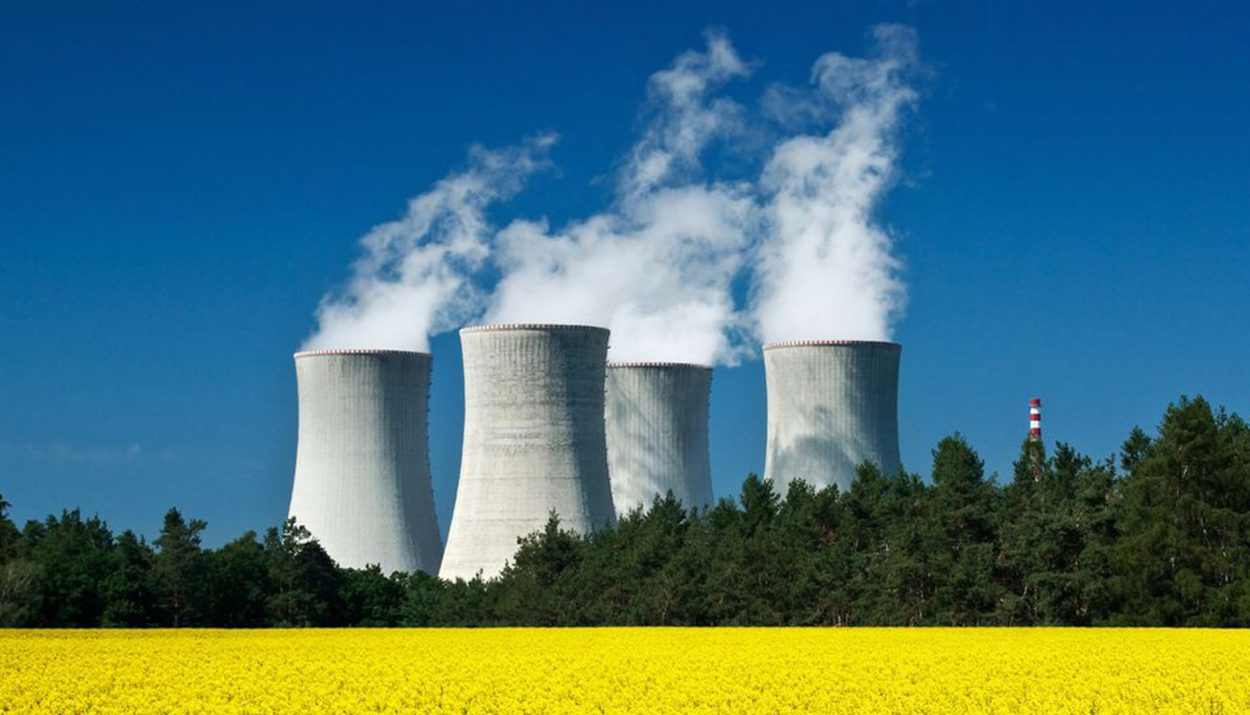Nigeria is one of the many countries around the world taking a stronger interest in nuclear energy as a cleaner, safer, and more effective alternative to fossil fuels. The country recently took one more step towards making that a reality with the development of new technology that could change the way we approach nuclear waste disposal.
What Is Nuclear Energy?
Nuclear energy is a form of energy that originates from the nucleus (core) of an atom. Nuclear power plants house nuclear reactors that control the chain reactions that occur – which are usually fuelled by uranium-235.
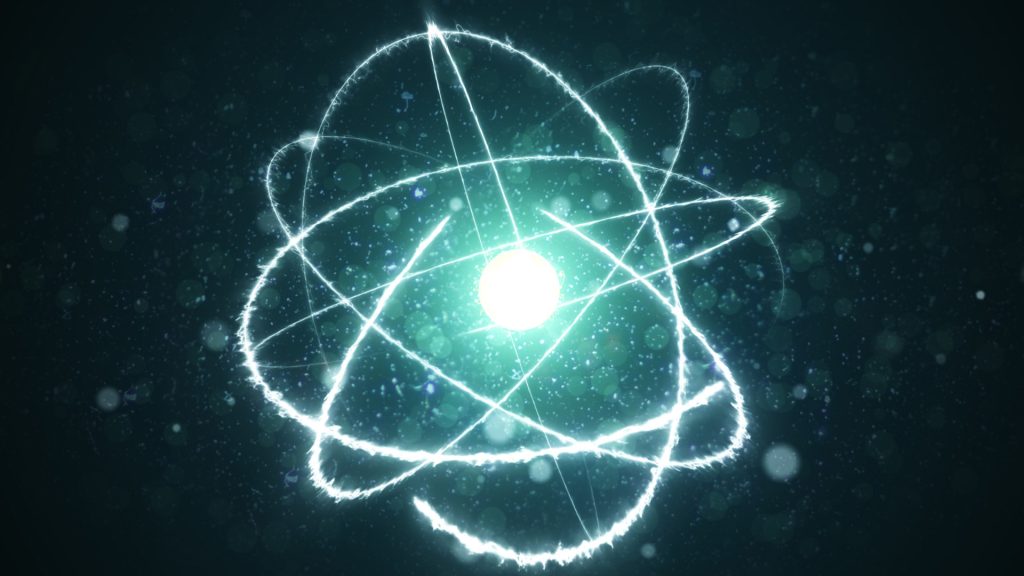
Many people view nuclear energy as the future of energy because it produces nearly zero carbon dioxide or other greenhouse gas emissions. It also produces more electricity on less land than any other clean-air source.
How Dangerous Is Nuclear Waste?
Also known as radioactive waste, nuclear waste is the byproduct of nuclear power plants – and it’s very dangerous. In fact, the waste remains radioactive and dangerous to human health for thousands of years after its initial use.
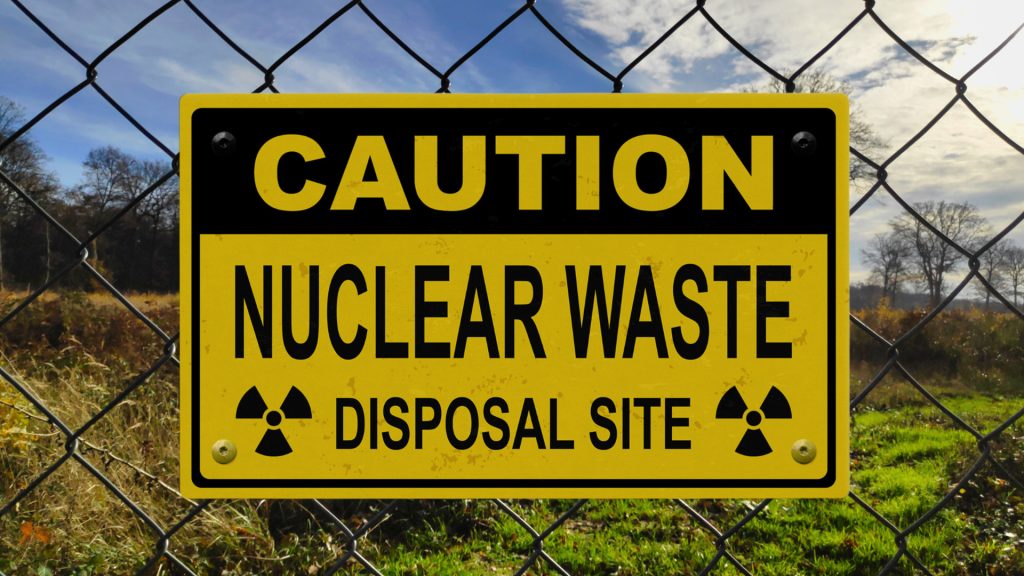
While nuclear waste can harm the human body, the strong majority of nuclear waste used today is properly handled, transported, stored, and disposed of by professionals. Not only that, but technology is making those processes easier, safer, and more effective.
Nigeria Has An Abundance Of Uranium
Many experts view Nigeria as a potential game-changer in nuclear energy production and disposal – and a lot of that has to do with the abundance of uranium (the most common fuel used in nuclear reactors) located in the country.
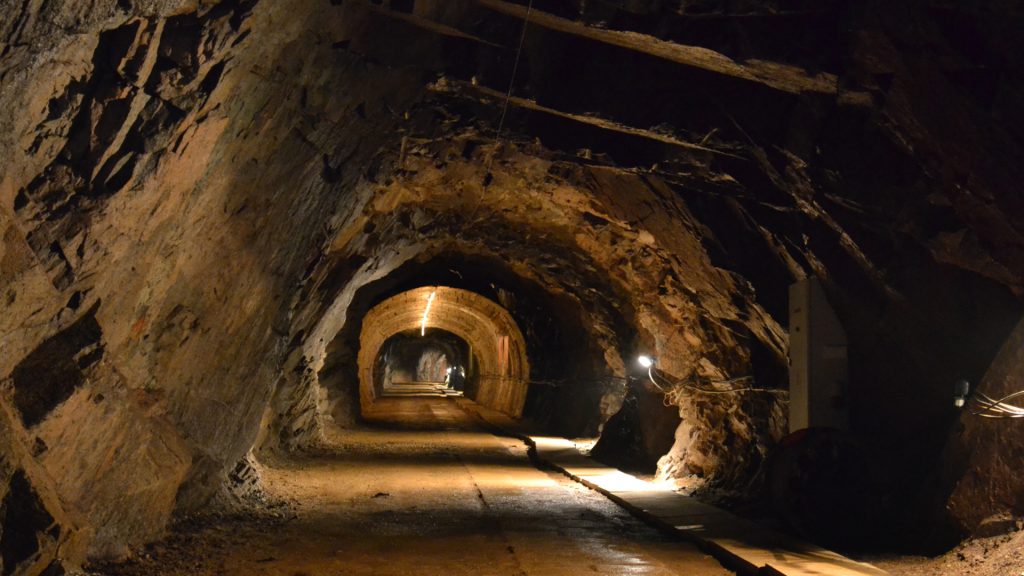
Uranium deposits are commonly found in the Cretaceous-Recent continental sandstone formations in the Sokoto, Niger, Chad, and Benue Basins of Nigeria – with major occurrences in Ghumchi, Kanawa, Mika, Zona, and Dali.
Nigeria Exploring The Potential For Nuclear Energy
Nigeria is already considered an energy giant in Africa due to its production of oil and natural gas, but it’s actively seeking to reduce its carbon footprint. Since it has such an abundance of uranium, a transition to nuclear energy makes sense.

And it has already taken steps to facilitate that transition. While there aren’t any operational nuclear reactors in the country right now, the country has established a nuclear regulatory authority and has conducted research on nuclear energy.
Concerns Over The Management Of Nuclear Waste
As beneficial as nuclear energy would be in Nigeria, there are growing concerns over the country’s ability to manage nuclear waste. If they can’t find a practical and effective solution to that problem, nuclear energy won’t be possible.
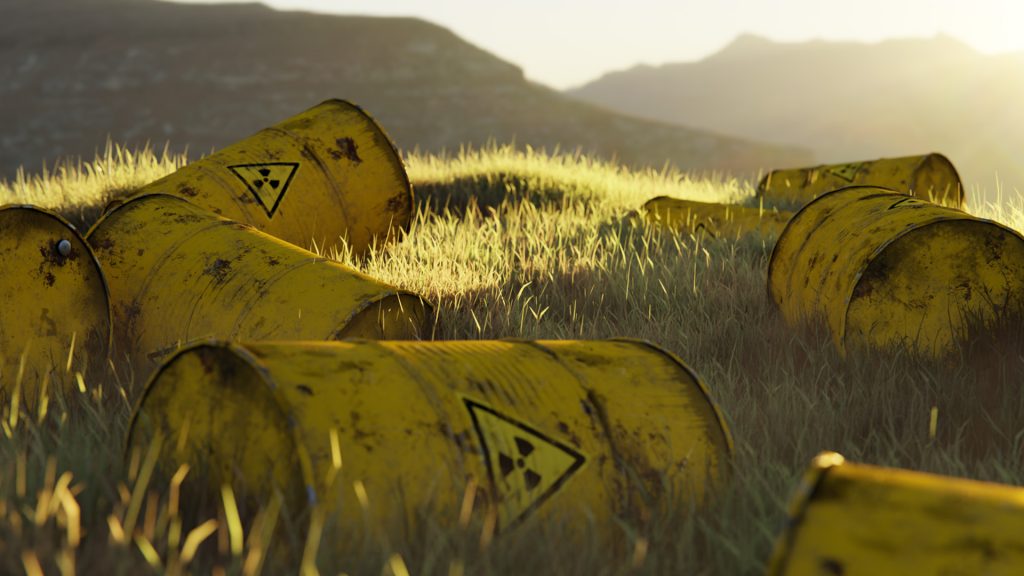
“As we seek a carbon-free world, nuclear waste management is the most challenging factor to the benefits of nuclear-generated electricity,” said Dr. Jimmy Etti-Williams, the co-founder of NuclearSAFE Technology, LLC.
New Technology Provides Hope For The Future
Nigeria might’ve found a solution to its problem, and it’s all thanks to new technology created by NuclearSAFE Technology. It’s being dubbed NST SuperLAT technology and it’s the newest type of geological nuclear waste disposal technology.
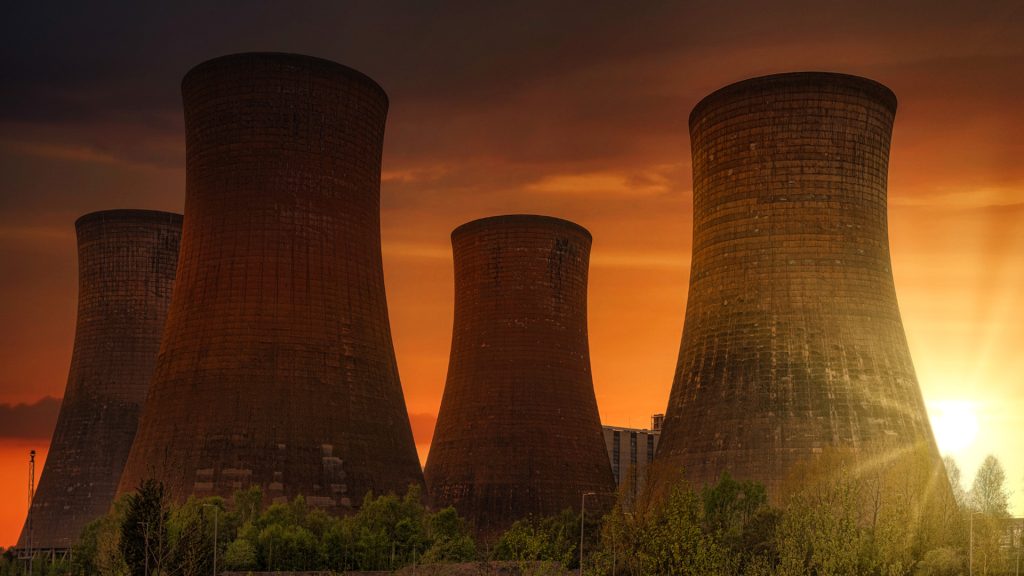
“SuperLAT will process, package, load, store and transport nuclear waste in casket containers to several thousand feet underground. It can also be retrieved when needed as fuel in reactors to generate low-carbon electricity,” Etti-Williams said of his creation.
Waste Will Be Stored Up To 15,000 Feet Underground
The radioactive waste will essentially be stored between 10,000 and 15,000 feet underground in deep geological focal rock formations, keeping it as far away from humans and animals as possible.
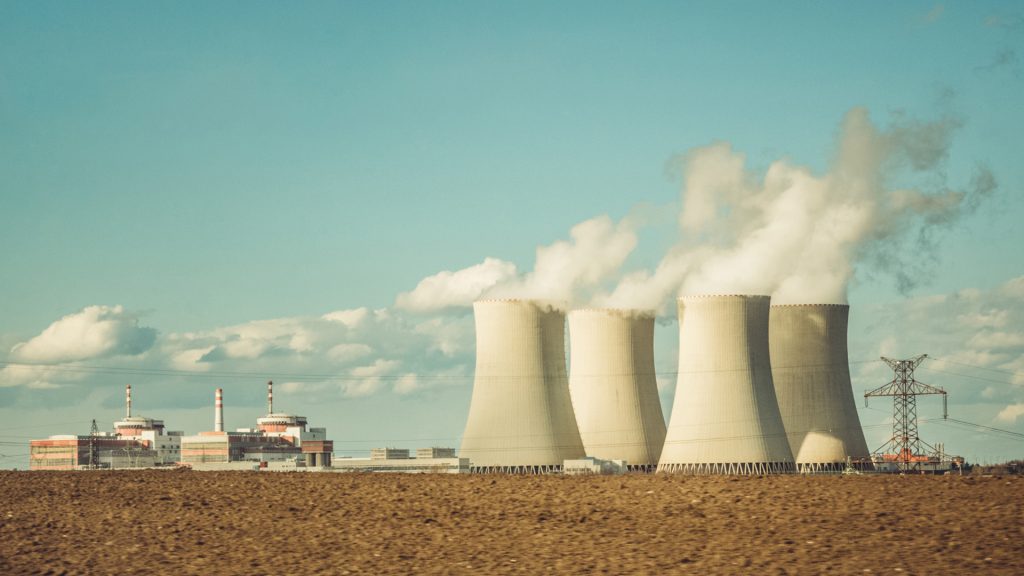
The technology is designed to satisfy International Atomic Energy Agency (IAEA) regulations and requirements. It also addresses the primary concerns of stakeholders about nuclear waste storage accidents, leakages, and terror risks.
Could Be Vital To Nigeria’s Growth and Development Efforts
Dr. Jimmy Etti-Williams went on to detail how Nigeria can use SuperLAT technology to ‘trigger several sustainable developmental agenda’ as a way of pivoting the country’s growth. He sees it as a game-changer that would increase the quality of life of Nigerians across the country.

“Nigeria has sufficient uranium, and with this technology, we can have our own uranium plants that will boost Nigeria and Africa’s development efforts,” he said. “NST NuclearSAFE technology if and when embraced and supported, will increase safety across the industry and other areas of radiation technology.”
IAEA Wants More Nuclear Reactors In The World
According to Rafael Mariano Grossi, the Director General of the International Atomic Energy Association (IAEA), the world (as a whole) must double the number of nuclear reactors currently in use if it wants to achieve the objectives of the Paris climate agreement.
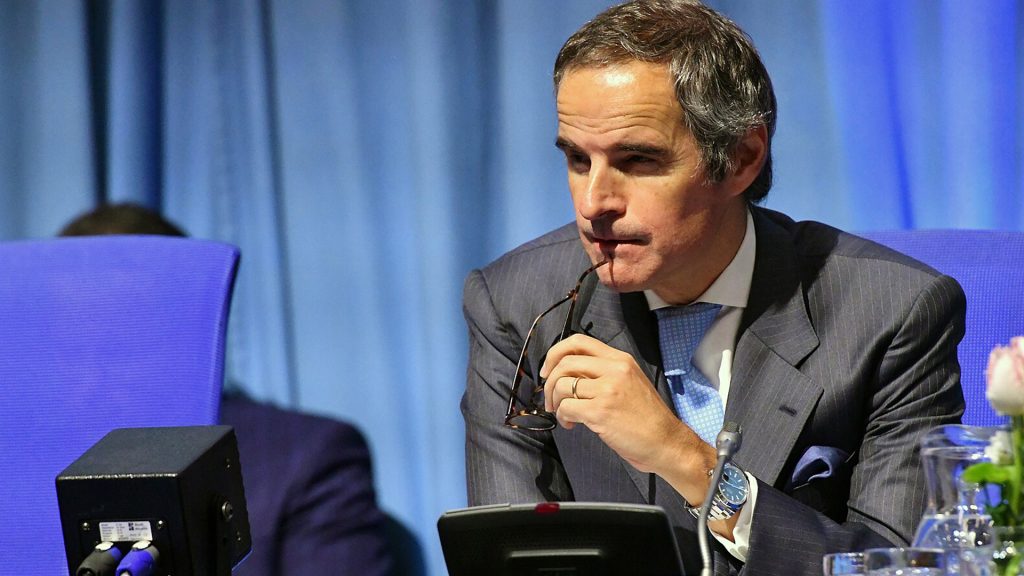
As of right now, there are roughly 400 units worldwide – which means the IAEA wants to increase that to at least 800 over the next couple of years.
10 Countries, Including Nigeria, Are Already On Board
That goal is starting to look more and more doable every year as more countries join in. The IAEA already has 10 countries ‘which have entered the decision phase to build nuclear power plants’ and 17 others that are in the process of evaluating it.

“There will be a dozen or 13 new nuclear countries within a few years,” Grossi added. Ghana, Kenya, Morocco, Nigeria, Namibia, the Philippines, Kazakhstan, and Uzbekistan are all expected to join the efforts in the coming years.
What Countries Produce The Most Nuclear Energy?
Nigeria isn’t quite there yet, but there are plenty of other countries already producing a large amount of the world’s nuclear energy – and the United States tops the list at more than 771,638 Gigawatt-hours.
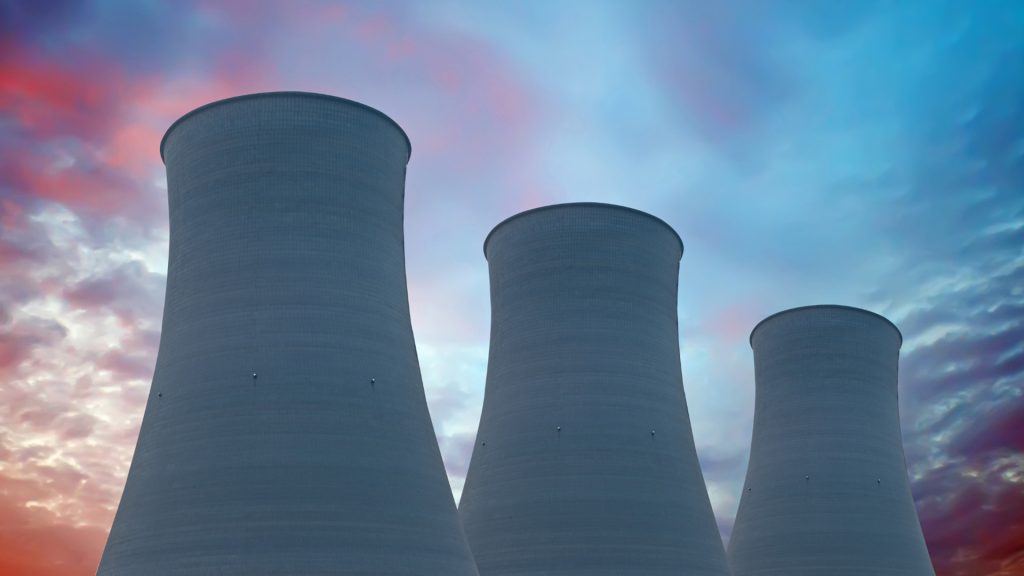
In fact, that’s more than double the next closest country – China, which supplied more than 383,205 Gigawatt-hours of nuclear energy. France (363,394 GWh), Russia (208,443 GWh), and South Korea (150,456 GWh) are also among the world leaders.
What Countries Rely On Nuclear Energy The Most?
While the United States supplies the most nuclear energy, it only accounts for about 19% of the electricity generated in the country – which doesn’t even rank them in the top-15 countries most dependent on nuclear energy.
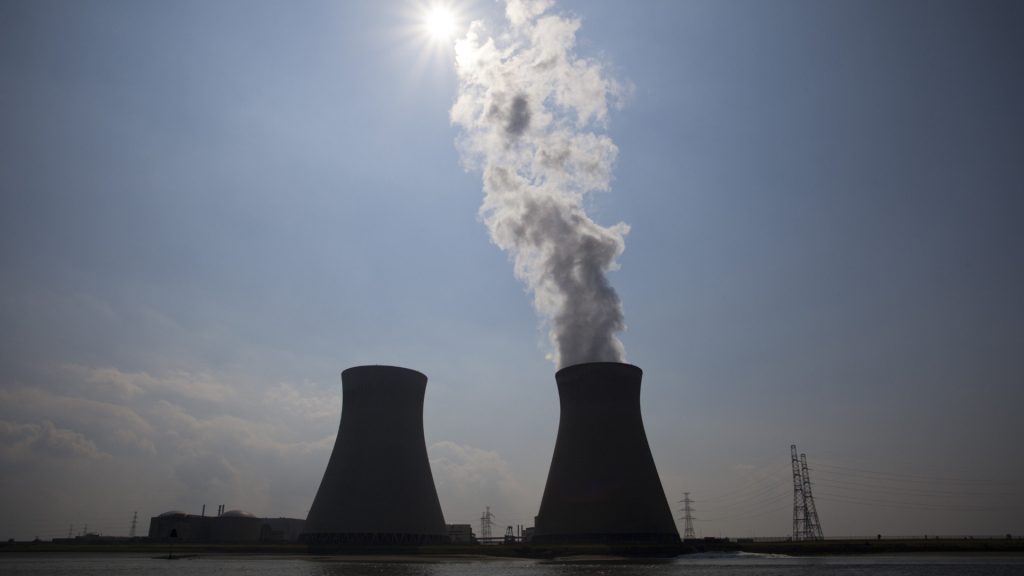
In fact, France holds that title with nuclear energy accounting for nearly 70% of the energy it generates on a daily basis. Ukraine (55%), Slovakia (52.3%), and Belgium (50.8%) are the only other three countries above 50%.
Finland Unveils New Nuclear Reactor In 2023
Mere hours after Germany shut down its remaining three nuclear power plants last year, Finland debuted its newest nuclear reactor – and it’s a historic one. In fact, Olkiluoto 3 is Western Europe’s first new reactor in over 15 years, and it’s the most powerful in all of Europe.

“The production of Olkiluoto 3 stabilizes the price of electricity and plays an important role in the Finnish green transition,” operator Teollisuuden Voima (TVO) president and CEO Jarmo Tanhua said in a statement last year. Hopefully we start to see more of this in other countries around the world!

